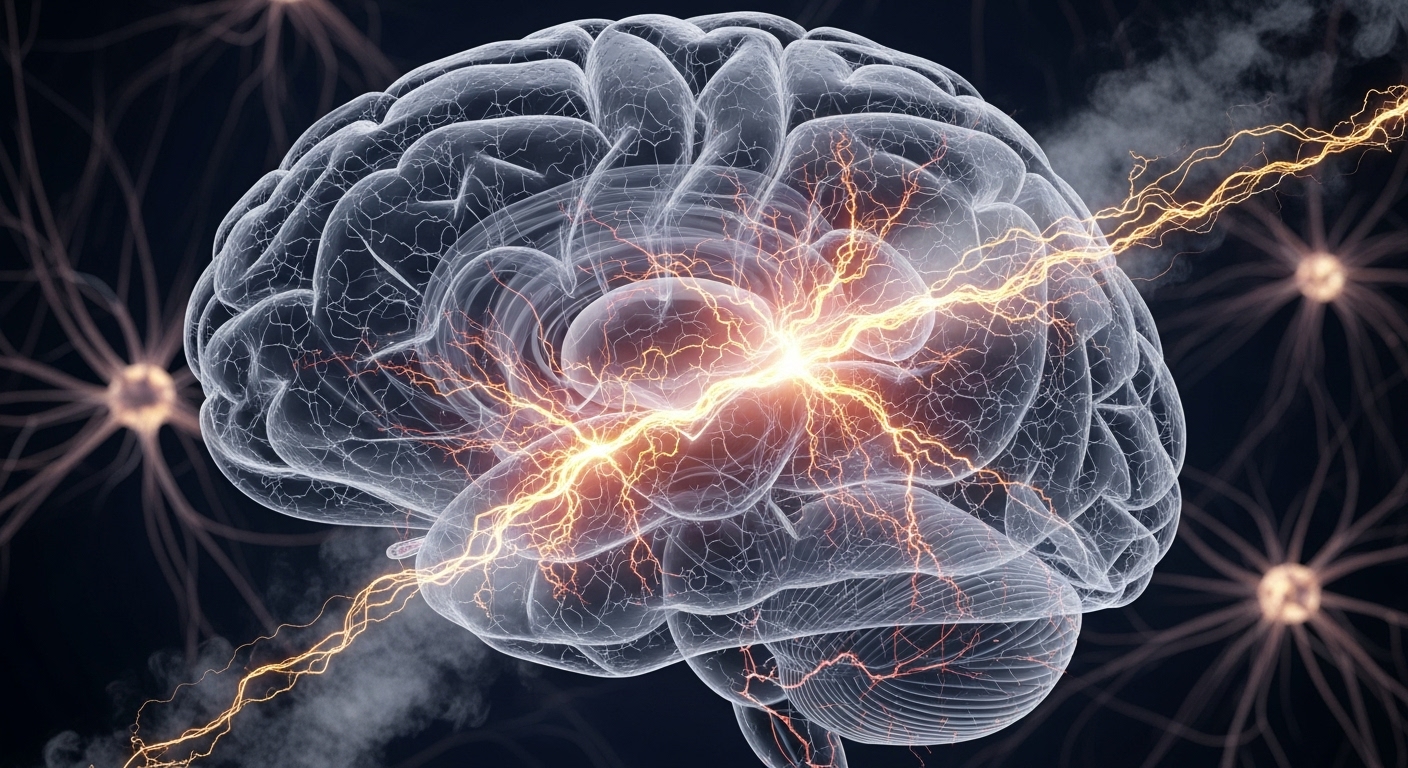Dr. Kumar’s Take on Nicotine and Cognition
This meta-analysis pulled together 41 double-blind, placebo-controlled studies in healthy adults. It found that a single dose of nicotine can give small to moderate, short-term boosts in attention, reaction time, and some memory tasks. The effects were not due to withdrawal relief. These are lab gains, not a pass for daily use. Nicotine is addictive, raises heart rate and blood pressure, and can lead to dependence. If you use nicotine now, the safest path is planning to quit with evidence-based tools. If you do not use nicotine, the take-home is simple: do not start for “focus.”
Key Takeaways
✔ Attention and speed improved. Nicotine reliably improved alerting and orienting attention and made responses faster.
✔ Short-term memory accuracy improved. Better accuracy on short-term episodic memory tasks.
✔ Working memory was faster, not more accurate. People responded quicker on working memory tasks without reliable accuracy gains.
✔ No strong benefit for long-term recall. Delayed episodic memory gains were inconsistent.
✔ Effects were modest. Typical effect sizes ranged from 0.16 to 0.44. Helpful in lab tasks, not a magic pill.
✔ Findings held in nonsmokers and minimally deprived smokers. This suggests true enhancement, not just withdrawal relief.
Actionable Tip
If you want sharper attention without nicotine, stack proven, low-risk habits:
- Sleep 7 to 9 hours.
- Do 20 minutes of brisk activity before deep work.
- Try a 3 minute slow-breathing set (about 6 breaths per minute).
- Use a 50 on, 10 off focus timer.
These yield real-world gains minus addiction risk.
Study Summary: Nicotine and Cognitive Performance
A meta-analysis of 41 randomized, double-blind, placebo-controlled lab studies (1994 to 2008) tested acute nicotine in healthy adults who were nonsmokers or smokers not in significant withdrawal. Routes included gum, patch, spray, inhaler, injection, or denicotinized vs nicotine cigarettes. Outcomes covered motor skills, attention networks, and memory.
Bottom line: Nicotine improved fine motor performance, attention (alerting and orienting), short-term episodic memory accuracy, and working memory response time. It did not consistently improve long-term memory accuracy or working memory accuracy.
Methods: How the Meta-Analysis Was Done
- Population: Healthy adults, ages 18 to 59, either nonsmokers or smokers not deprived or only minimally deprived (less than or equal to 2 hours).
- Design: Double-blind, placebo-controlled; random assignment.
- Interventions: Single-dose nicotine via multiple FDA-approved routes or denicotinized controls.
- Outcomes: Nine performance domains with separate analyses for accuracy and response time where possible.
- Stats: Random-effects models using Hedges g for standardized effect sizes.
Results: What Improved and What Did Not
- Fine motor skills: Small but significant gains.
- Attention:
- Alerting attention improved in both accuracy and reaction time.
- Orienting attention showed faster reaction times.
- Memory:
- Short-term episodic memory: Better accuracy.
- Working memory: Faster responses, accuracy unchanged.
- Long-term episodic memory: Mixed results without consistent benefit.
Effect sizes clustered around g = 0.16 to 0.44 for the significant domains. Improvements appeared in both nonsmokers and minimally deprived smokers, supporting true enhancement.
How Nicotine Affects Brain Function
Nicotine binds to nicotinic acetylcholine receptors (especially alpha4beta2 and alpha7) in attention and memory hubs such as the prefrontal cortex, parietal cortex, thalamus, and hippocampus. This boosts neurotransmitters like acetylcholine, dopamine, serotonin, and glutamate, which can sharpen alertness and speed up responses. These are acute effects measured minutes to hours after dosing.
Safety, Risks, and Practical Guidance
- Risks: Addiction, elevated heart rate and blood pressure, nausea, sleep disruption, and dependence with regular use.
- Not a daily focus hack: The modest, short-lived lab benefits do not outweigh addiction risk for people who do not already use nicotine.
- If you currently use nicotine: Talk with your clinician about a quit plan using varenicline or combination nicotine replacement and behavioral support.
Related Studies and Research
Nicotine Patch and Long COVID: Case Series Review – Explores the use of nicotine patches in treating symptoms of long COVID.
Nicotine and Endothelial Function – Reviews how nicotine affects blood vessel health and inflammation.
Long COVID and Cholinergic Dysfunction: Review – Investigates the theory and evidence behind nicotine’s role in long COVID.
Podcast: Why This Neurosurgeon Will Never Use Nicotine – A breakdown of nicotine’s true effects on the body and brain.
Frequently Asked Questions
How fast do the benefits show up?
In these lab studies the effects often appear within minutes to hours after a single dose.
Do these results mean nicotine helps me study?
It might speed reaction time and sharpen attention on short tasks. But daily use risks addiction. Safer focus strategies and sleep give steadier gains.
Are the benefits the same as caffeine?
Different mechanisms. Caffeine blocks adenosine. Nicotine activates nicotinic receptors and multiple neurotransmitters. Both can increase alertness, but nicotine carries addiction risk that is not worth it if you do not already use it.
What about long-term brain health?
This analysis looked at short-term effects. Chronic smoking is linked to worse cognitive aging. Even non-combusted nicotine can lead to dependence.
Conclusion
Acute nicotine can produce small to moderate boosts in attention, speed, and short-term memory accuracy in healthy adults under lab conditions. The results suggest true enhancement, not just withdrawal relief. Still, the gains are modest and short-lived, while the risks of dependence are real. For most people, the smarter choice is to build non-addictive focus habits and avoid nicotine as a performance aid.


